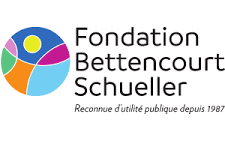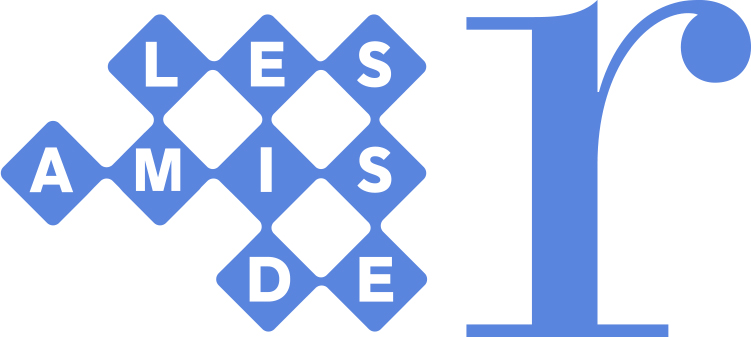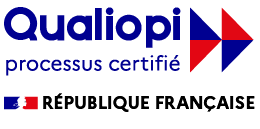Presentation
At the turn of the sixteenth and seventeenth centuries, the rich repertoire of Italian madrigals is the territory of all innovations. Anchored in the great polyphonic tradition of the Renaissance, he emancipated himself from the canons of the prima pratica by subjecting the music more and more to the direct illustration of the words and their dramatic potential. At the same time, with the appearance of the basso continuo, solo singing became increasingly important. The entire avant-garde of the peninsula, marveling at its poetic corpus, placed the Italian language, its declamation and its theatricality, at the heart of its new concerns and made the madrigal the laboratory of the opera. How could the first monodies and the polyphonies with 5, 6 or 7 parts cohabit? This workshop proposes to explore this question by constituting variable formations of singers and/or instrumentalists around polyphonic madrigals, all inspired by one of the main dramatic works of this period: Il Pastor Fido by Giambattista Guarini. Il Pastor Fido provided the literary material favored by composers of madrigals at the turn of the sixteenth and seventeenth centuries, particularly the emotionally charged passages of the tragedy and the key scenes of the action. There are 550 compositions, 125 composers, often at the peak of their careers (let’s mention Gesualdo, Marenzio, Schütz… and of course Monteverdi – almost the entirety of his Quinto libro dei madrigali), who have worked on his verses.
Teachers
Geoffroy Jourdain musical director
While studying musicology at the Sorbonne and researching the Italian music collections of several European libraries, Geoffroy Jourdain became involved in the direction of vocal ensembles at a very early age. While still a student, he founded Les Cris de Paris, which was quickly recognized for the audacity of its artistic project and for its investment in contemporary creation. He is interested in the implementation of devices for the creation of innovative musical performances, in the company of directors, actors, choreographers and visual artists. Alongside Benjamin Lazar, he has created numerous lyrical and musical theater forms. He has been invited by the Atelier lyrique de l’Opéra de Paris to conduct lyrical works(Orpheus and Eurydice and Iphigénie en Tauride by Gluck, L’Orfeo by Monteverdi), but also by ensembles such as Capella Amsterdam or the choir of the Sao Paulo Symphony Orchestra. François-Xavier Roth entrusts him with his orchestra Les Siècles (Israel in Egypt of Handel)… He has created works by Beat Furrer, Mauro Lanza, Marco Stroppa, Francesco Filidei, Oscar Strasnoy (whose opera Cachafaz), Ivan Fedele, but also has a passion for the 17th and 18th century repertoire and for ethnomusicology.
Recipients
- 5 to 7 singers
- 6 to 8 instrumentalists (keyboards, theorbo and/or harp, viols, flutes and/or cornets, violins)
Calendar
Sessions
from October 23 to 28, 2023
6 days, 42 hours
7-hour day: 10am-1pm / 2:30pm-7pm, including a 30-minute break in the afternoon
Public presentation
Fenêtre sur cour(s) on October 28, 2023 at 6:00 pm
The participants formally commit themselves to follow the entire curriculum.
Selection
Pre-selection on file then audition
Auditions
Monday January 9, 2023 and Thursday January 12, 2023 in Paris
Elements to be provided
For the application and selection process, you will need to provide the following:
- letter of motivation
- biography (imperative: 600 characters including spaces)
- CV
- picture
- 1 or more video files related to the chosen course (please note that WeTransfer links will not be uploaded)
Closing date for applications
Sunday, November 14, 2022, at midnight

La Fondation Bettencourt Schueller est le mécène principal du pôle Voix et répertoire de la Fondation Royaumont.

L’association des amis de Royaumont soutient l’ensemble des formations du pôle Voix et Répertoire

La certification qualité à été délivrée au titre de la catégorie d’action suivante :
ACTION DE FORMATION